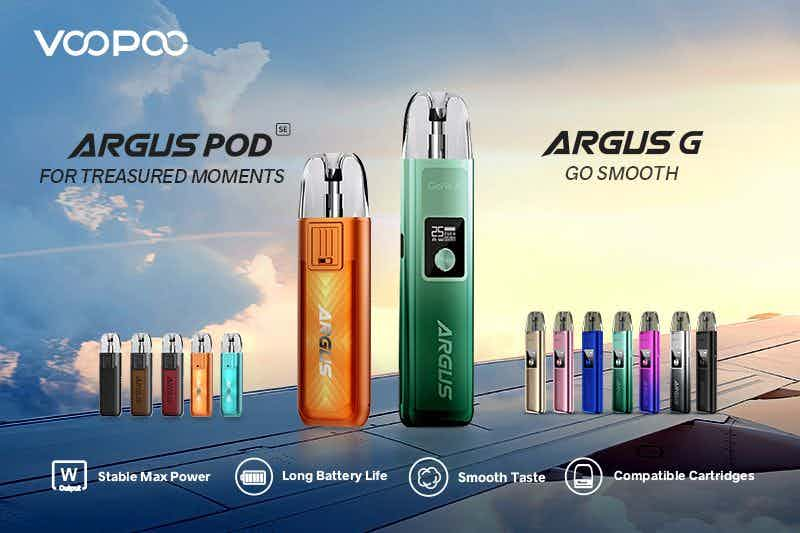Introduction
In the rapidly evolving world of vaping, users consistently seek methods that maximize battery life while ensuring an enjoyable experience. With the increasing emphasis on energy efficiency, we present a detailed review of the most energy-efficient vaping methods currently available on the market. This article will outline each method’s distinctive features, user experiences, and comparisons with competing products.
1. Pod Systems
Pod systems have gained immense popularity due to their compact design and user-friendly operation. Typically featuring rechargeable batteries ranging from 250mAh to 1000mAh, these devices utilize liquid cartridges that are easily replaceable. The most prominent advantage of pod systems is their low power consumption and efficient utilization of e-liquid, allowing for extended vaping sessions per charge.
Users frequently report a satisfying MTL (mouth-to-lung) experience, reminiscent of traditional cigarettes. However, the limited range of e-liquids available for some closed pod systems can be a drawback for those seeking variety.
2. Temperature Control Mods
Temperature control (TC) mods allow users to set a specific temperature, which can significantly enhance battery efficiency. By maintaining a consistent temperature, these devices prevent the e-liquid from overheating, thereby reducing energy consumption. Advanced models can also adjust power output dynamically, optimizing performance based on coil resistance.
While TC mods may have a steeper learning curve compared to simpler devices, the efficiency gained from using them can be well worth the investment. Users benefit from extended battery life and more flavorful vapor, making TC mods ideal for experienced vapers.
3. Disposable Vapes

Disposable vapes are a convenient option that eliminates concerns over charging. These devices come pre-filled and are often designed to maximize battery life relative to the amount of e-liquid they contain. Most disposables have a reasonably high puff count, ensuring a substantial number of hits before depletion.
On the downside, once a disposable vape runs out, it cannot be recharged, leading to ongoing costs if used frequently. However, they provide an excellent entry point for newcomers to vaping, as they require no setup or knowledge of device maintenance.
Comparative Analysis
When comparing these methods, the choice largely depends on user priorities. Pod systems and TC mods are advantageous for those who prioritize customization and battery longevity, whereas disposable vapes offer unmatched convenience for on-the-go usage.
Pros and Cons
Pod Systems:
– Pros: Compact, efficient, satisfying MTL experience.
– Cons: Limited e-liquid variety, compatibility issues.
Temperature Control Mods:
– Pros: Long battery life, customizable settings, improved flavor.
– Cons: Steeper learning curve, higher initial investment.
Disposable Vapes:
– Pros: Extremely convenient, no maintenance, good puff capacity.
– Cons: Long-term costs can accumulate, not eco-friendly.
Target Audience Analysis
The ideal user for pod systems often includes newcomers and casual vapers seeking simplicity and portability. In contrast, experienced vapers might gravitate toward TC mods for their ability to customize every aspect of the vaping experience. Disposable vapes appeal primarily to individuals who desire a hassle-free and quick vaping solution.
Conclusion
In conclusion, the most energy-efficient vaping methods present unique advantages and drawbacks. By understanding these options’ characteristics and matching them with personal preferences, users can maximize their vaping experience while extending battery life. Whether you are a seasoned enthusiast or a newcomer, choosing the right device tailored to your needs is essential for optimizing enjoyment and efficiency.




